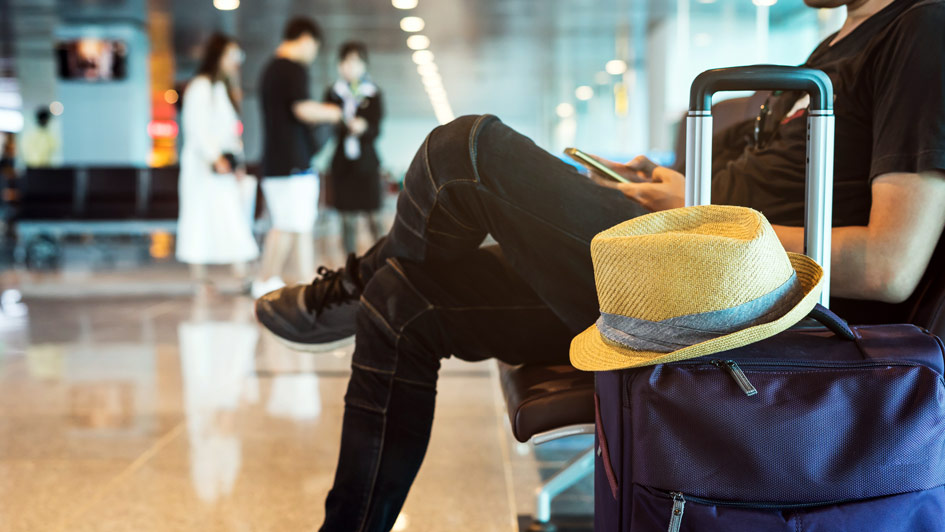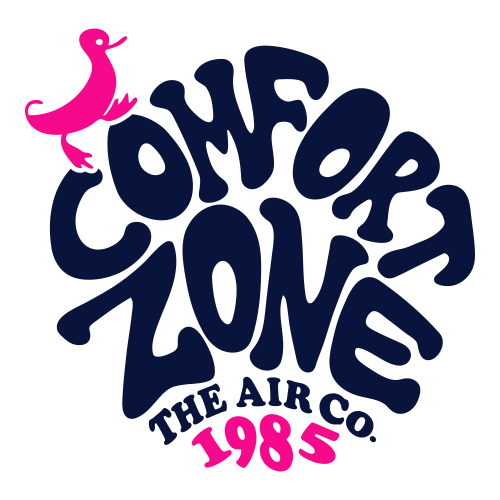
Between a relaxing vacation or an extended trip for work, leaving home means making plans for your heating and cooling system. You can't use it while you’re away, so you can make adjustments as necessary to minimize your energy use. Just the same, you shouldn't just leave it off for the entire time you're gone.
In general, it’s better to leave your HVAC system on and just make adjustments depending on the season. That way you can reduce energy costs without having to worry about returning to an uncomfortable home. We’ll walk you through why you should avoid turning your HVAC system off as well as the best thermostat settings for summer and winter.
Here’s Why You Avoid Leaving Your Thermostat Alone
While you may be wanting to turn your HVAC system off before a trip, this can end up leading to costly problems by the time you come back. This is particularly true in case the weather will be severely hot or cold while you’re away from home.
As an example, shutting the HVAC system off in the summer can produce very high humidity. Not only will your home feel muggy and uncomfortable when you come back, but it could have also invited mold/mildew growth or pest infestations.
And during the winter, not using the furnace can lead to pipes icing over or even bursting. It’s an awful feeling to come home from a long trip only to discover considerable water damage close to a broken pipe.
Energy-Efficient Thermostat Settings While at Work
You can optimize the temperature even when you're just going to work. Since you’re out of the house for about 8 hours or longer, it doesn’t make sense to keep an empty home at the same temperature you’d usually have. As a general rule, it’s suggested to adjust the thermostat by 5 degrees or more. That means that if you prefer a comfortable 72 degrees, try raising it to 76-77 while you’re gone.
But you can save even more if you're open to further adjusting the temperature. According to the Department of Energy, you could save about 10% on your HVAC costs by raising the temperature by about 7-10 degrees.
Best Thermostat Settings While on Vacation in Summer
If you’re leaving for a longer trip in the middle of summer, you can make bigger adjustments. This helps you avoid using too much energy while still defending your home from the problems that come with leaving it without air conditioning. Something like 5 degrees is appropriate for shorter trips while around 10 degrees is worthwhile if you’ll be gone for 2 weeks or more. If you like keeping the house at 72 in the summer, 78-82 will offer beneficial results.
Best Thermostat Settings While Away from Home in Winter
To try and find the most energy-efficient thermostat setting for a winter vacation, simply lower it by the same amount you would raise it in summer. 68 is a frequent winter thermostat setting, so adjusting to 63-58 will protect your plumbing while limiting how frequently your furnace runs.
A Smart Thermostat Can Help: Advantages of Smart Thermostat Installation
An ideal strategy to regulate your home’s HVAC system while away is with a smart thermostat. This special type of programmable thermostat uses intelligent software to monitor your typical comfort habits. It applies these preferences and makes automatic adjustments to the schedule for better energy efficiency. And with Wi-Fi connectivity, you can remotely control your HVAC system from a smartphone or tablet.
Smart thermostats are loaded with features to help you save energy and lower costs. For instance, certain models can track electricity prices to bolster heating or cooling when prices are more affordable. They can be used with high-efficiency, variable-speed equipment to optimize how long your HVAC system has to run. It’s the perfect tool to simplify how you control your comfort system. If you’re thinking about investing in a smart thermostat, there are different ways you can reduce your costs, essentially getting a smart thermostat for free. The next time you are away from home, you can receive true peace of mind that your HVAC system won’t cause any trouble while you’re away from home.
